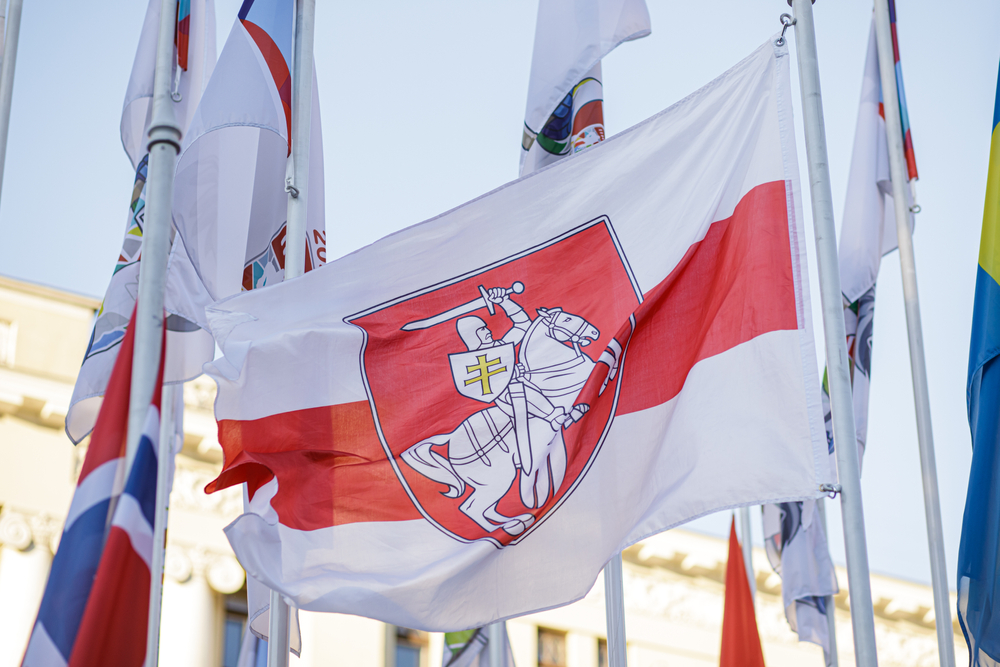Belarus between a difficult yesterday and an uncertain tomorrow
Building upon the ongoing analysis of the research group “BELARUS-UKRAINE-REGION”, which was established at the Centre for East European Studies at the University of Warsaw in autumn 2020, and in cooperation with New Eastern Europe, we present a series of sketches depicting the situation in Belarus during the latter half of 2023.
February 7, 2024 -
Henryk Litwin
-
Issue 1-2 2024Magazine

The region of Eastern Europe has become a stage for dramatic events since the Russian aggression against Ukraine, which predominantly captured the attention of experts. The future of Eastern Europe primarily depends on the resolution of the war in Ukraine, which was caused by Russia’s imperial ambitions. Nevertheless, Belarus remains a second key element in the region’s geopolitical puzzle. Depending on the scenario that develops, the events in this country can either undermine any positive outcomes for European security resulting from a much hoped-for Ukrainian victory, or through a different evolution, mitigate the negative consequences of the still real threat of imposing a “dirty” peace on Ukraine. The situation in Belarus is evolving and is closely tied to developments in Ukraine. However, it also exhibits its own internal dynamics.
The ongoing reduction of Belarusian sovereignty and the potential disappearance of its last remnants are particularly clear. The hope in past European policies towards the Alyaksandr Lukashenka regime was that striving to stabilize an authoritarian power in Belarus, but one separate from Moscow, would indirectly maintain the effect of an independent state and preserve the habit of sovereignty. Despite this, the last three years have shown an increasing dependence on Russia, diminishing sovereignty and Belarus finding itself in a situation increasingly referred to as “hybrid occupation”.
Various examples justify this claim. The system of repression built by the regime works against critics of the authoritarian system, as well as against those contesting dependence on Russia. The historical narrative promoted by “Lukashenka’s supporters” dismisses references to the deep historical roots of Belarusian identity, proclaiming its purely Soviet origins in absolute agreement with Russian imperial theory and the ideology of the “Russian world” (Russkiy mir). Russia’s policy of creating “immigration crises” on the borders of EU states is more efficiently executed from Belarusian territory against Lithuania and Poland than from Russian territory against Finland. Threats to the European security system arising from the potential evolution of the situation in Belarus are no less relevant than those that an especially adverse scenario in Ukraine could generate.
Russia’s strategic course towards annexing lands separating the Moscow “motherland” from Moldova’s breakaway region of Transnistria may ultimately be a smokescreen for its aspirations to regain territorial connectivity with the Kaliningrad Oblast. Awareness of such threats was somewhat diffused by the relative failure of the 2022 attack on Ukraine. However, this should lead us to recognize the fact that during the same period Russia managed to deploy significant forces in Belarus, posing a direct threat to the borders of EU states. The ongoing destruction of Belarusian sovereignty necessitates a clear warning – Hannibal ante portas (Hannibal is at the gates).
Nevertheless, Belarus still exists, and hope lies in the development of civil society in the country. It demonstrated strength and resilience in 2020, even though the social uprising was brutally suppressed with many of its leaders arrested or forced into exile. The potential for dissent against the use of Belarusians to fulfil imperial interests has not vanished. Belarusian society has been deeply affected by the terrible consequences of wars on its territory and the exploitation of Belarusians as “cannon fodder” (such as during the Soviet invasion of Afghanistan) in the past. These tragic experiences have not been forgotten. It can be assumed that the Lukashenka regime is aware of this, as indicated by its shift away from active military support for the aggression against Ukraine. What 2024 may bring is difficult to predict today but it is reasonable to expect Belarusians not to remain passive witnesses to events.
Henryk Litwin is a historian, diplomat and scholar. He is the head of the analytical group “BELARUS-UKRAINE-REGION” at the University of Warsaw’s Centre for East European Studies.

































